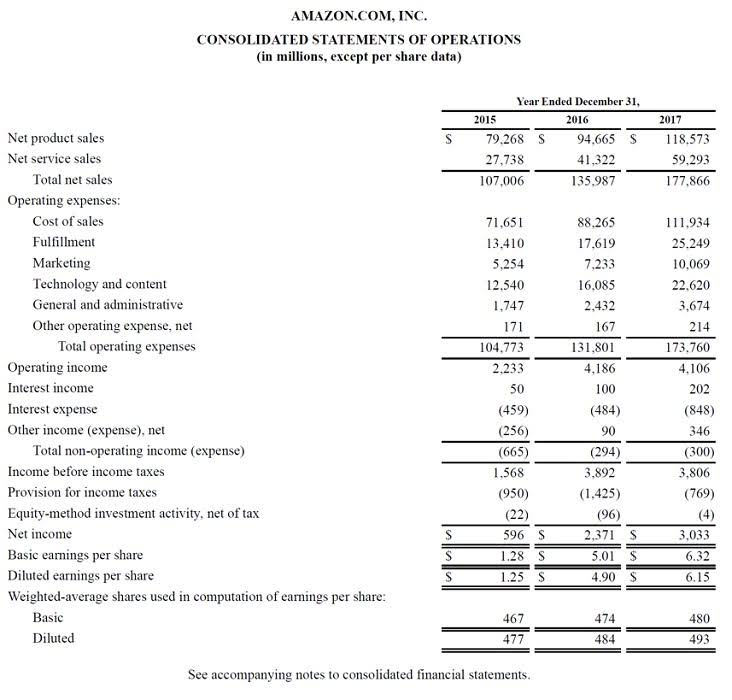Introduction to Construction Accounting

In this in-depth guide, we will explore the key aspects of bookkeeping for construction companies. We will cover everything from setting up a bookkeeping system to managing expenses and revenues, tracking job costs, and complying with industry-specific regulations. Shoeboxed enhances construction bookkeeping by automating and streamlining the receipt management process, organizing expenses, and integrating with accounting software. Construction management software extends beyond traditional financial software by providing comprehensive tools for project planning, execution, and financial integration. They integrate seamlessly with financial software to synchronize project data, transactions, and reporting. Key benefits include improved project coordination, enhanced cost control, streamlined billing processes, better compliance management, and real-time visibility into project performance.

AIA Progress Billing
In the construction industry, understanding gym bookkeeping the financial position of each job can be key to a company’s success. Job profitability reports provide a clear view of a project’s financial performance,… Construction businesses record their revenues based on the accounting method that they use. For example, a company using the accrual method will note revenues based on billed payments even if they have not actually received payment.
- In conclusion, construction companies need to use specialized bookkeeping practices to effectively manage their finances.
- Most importantly, this method enables financial managers to get a clear view of the current financial status of each project as well as the financial horizon as each project progresses.
- The act of withholding payment is called contract retainage and is part of a contract signed by the contractor and customer before the project’s implementation.
- While being responsible for overall client services, Lisa’s specialty is in construction payroll services.
Cash vs accrual accounting

This method is particularly useful for long-term construction projects spanning multiple accounting periods, as it provides a more accurate representation of the project’s financial performance over time. Construction accounting is a vital discipline that extends beyond the traditional bounds of financial management. It’s the backbone of successful construction project management, providing the framework necessary to track, evaluate, and control costs construction bookkeeping throughout the lifecycle of a project. Whether you’re managing small residential builds or large-scale infrastructure projects, mastering construction accounting is essential for ensuring profitability, compliance, and financial stability. These numerous temporary cost centers are ultimately why contractors need to practice accurate job costing.
- For example, a contractor might “code” an invoice to Job 140 (Lake Ave. Remodel), Cost Code 100 (Foundation), Cost Class “MAT” (Materials).
- Additionally, many of these software options can integrate with other software, such as payroll software or project management software, to further improve efficiency.
- As a result, this leads to accountants not having to keep tabs on what has been paid and what hasn’t.
- These methods help you accurately report income based on the length of your projects.
- You will need to factor this into your construction accounting for each construction project and for the business as a whole.
Updated Industry Insight
Leverage historical project data to make informed bidding and staffing decisions. Pursuit intelligence allows you to forecast your project pipeline and make the best decisions possible to put forward a winning team. Construction payroll is more complex than in many other industries, as it involves tracking multiple workers, contractors, and varying pay rates. Additionally, compliance with labor laws and union agreements adds another layer of difficulty.

Construction accounting payroll #3: Multiple states, localities, and rates
Since many such expenses in construction are attributed to specific construction projects, other businesses would consider overhead often fall normal balance into the COGs category for construction companies. Construction accounting is considered a special combination of bookkeeping and financial management. Construction accounting is designed specially to help contractors stay on top of the expenses and profitability of large, individual projects.

Tip 1: Record all details about payments and invoices
- Often called pay application or pay apps, the payment application report is a series of documents that contractors exchange with one another during payment.
- One of the most significant challenges in construction is dealing with fluctuating material and labor costs.
- Begin your journey towards enhanced financial clarity by connecting with us here.
- Compliance requirements for the construction industry, much like every other industry, keep on changing.
- Since everything looks better in a table, here’s one to help you remember the 3 critical revenue recognition methods.
Regular businesses typically offer 1-5 different types of products or services, whereas construction businesses offer a wide range of services. This may include service work, design services, consulting, engineering, sourcing materials, and more. Unlike standard, transaction-based accounting, construction accounting focuses on individual projects and all of their financial variables throughout the process. Doing so allows you to easily retrieve any document whenever you need it, save time and effort searching through paper files, and ensure that all your records are up-to-date and accurate. When embarking on a project, it’s important to break down the costs into manageable categories to ensure the budget is well-managed.

Conversely, a business with a quick ratio below 1 does not have enough cash resources, so it will need to get an influx of cash through financing or by selling other long-term assets. As a result, construction companies often find it difficult to match the efficiency of companies that make the same products repeatedly in a controlled location. Bridgit Bench is a workforce planning platform built to help construction professionals, including accountants.

0 دیدگاه